Home | Women in Sport | Equality for Women in Sport
Marnie McBean
PreviousNext
Competitive rowing is an arduous test of physical stamina and mental toughness. Surrounded by the laboured breathing of opponents and the unrelenting rhythm of stroking oars, at certain speeds even the boats begin to hum as though spurring competitors on through intense pain and fatigue towards the finish line. Excelling in this demanding sport, female rowers have long been at the vanguard of gender equality among Canadian athletes. Ladies' regattas first became common throughout central Canada in the 1880's. A little over a century later, a veritable tidal wave of powerhouse women revived popular interest in the sport, with Marnie McBean leading the charge in the 1990's.
With her long-time rowing partner Kathleen Heddle, Marnie McBean won gold in straight pairs at the 1992 Olympic Games in Barcelona and also helped the Canadian team win gold in the eights. In 1996 she captured Olympic gold in double sculls with Heddle in a stunning victory that saw the dynamic duo leading from flag to finish over a grueling 2,000m course, as well as a bronze medal in quad sculls.
By the age of 31, Marnie had won a medal in every boat class in Olympic and world championship competitions. She and Kathleen Heddle also became the first Canadians ever to win three Olympic gold medals in any sport.
Never easing up and always pushing her limits, there was simply 'no quit' in Marnie McBean. Relentlessly driven, she challenged herself to excel as a single sculler after many of her teammates retired, and her competitive career came to an end only when injury forced her hand. Marnie suffered two herniated discs in her lower back after qualifying for the 2000 Olympic Games. Withdrawing one month before the competition, she nevertheless made the bittersweet journey to Sydney, Australia to cheer on her teammates from the sidelines.
Seizing rowing as an open-ended opportunity to fulfill and redefine her own potential, no matter what she had already achieved Marnie McBean always believed she had more to give. In 1996 she created the Fund for Olympic Rower Survival (FORS), helping raise over 150,000 dollars for amateur competitors lacking financial support in only four years. Attracting supportive sponsors and generating an outpouring of positive publicity for women in Canadian sport, she remains one of the nation's most empowering athletic heroes of the modern era.
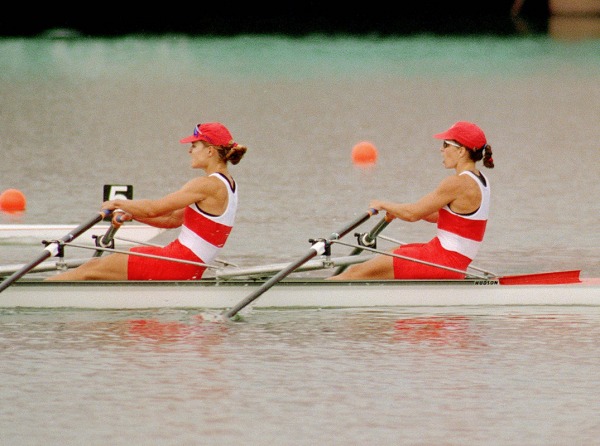
Marnie McBean and Kathleen Heddle were put together as a team by their coach Al Morrow because he felt that each could contribute to the whole. They each had their own center, their own version of a competitive edge. In 1992 when they won the gold medal they could communicate without words, exemplifying the ideal of teamwork.
Collection: CP PHOTO/COC/Mike Ridewood
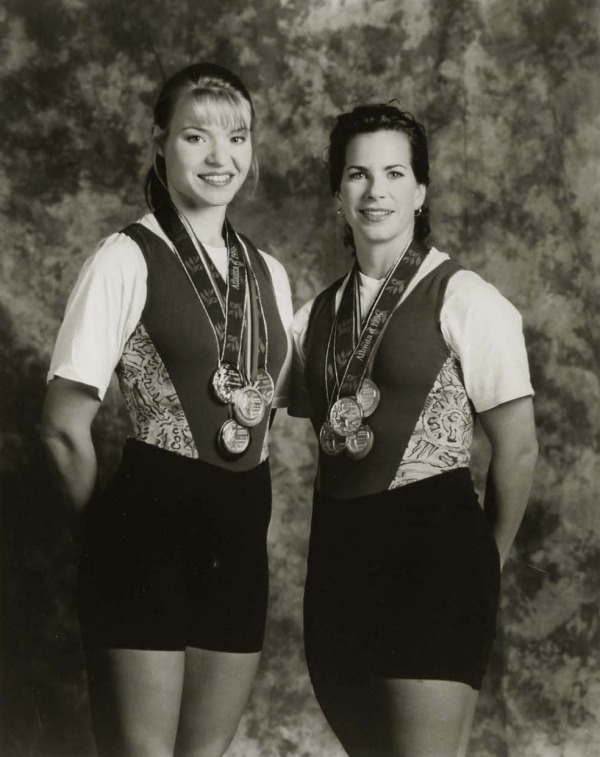
Marnie McBean and Kathleen Heddle won four Olympic medals in their career. Marnie was focused in her sport and after her athletic career was over she brought that same focus and integrity to her mentorship of young athletes, encouraging them to explore and speak openly about their level on competence and ambition within their respective sports.
Collection: Canada's Sports Hall of Fame
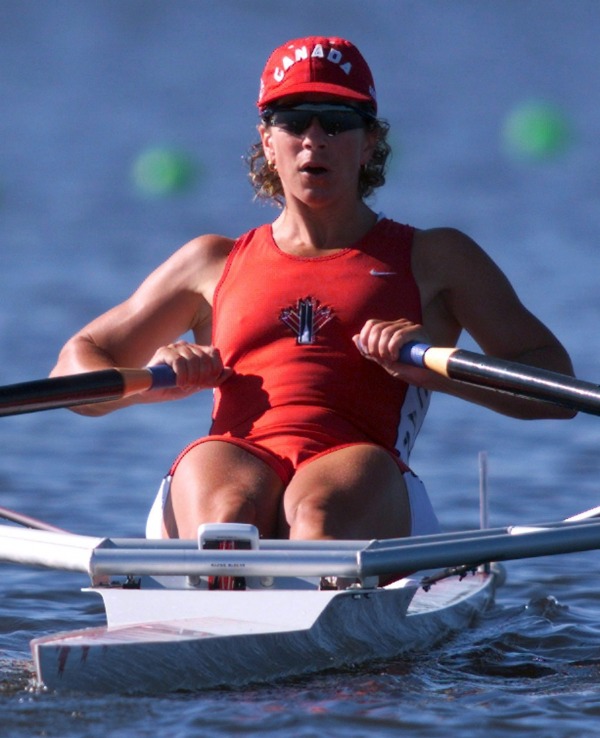
Marnie McBean won the gold medal in the single sculls event at the 1999 Pan American Games in Winnipeg. She is the first rower to medal in all the rowing disciplines. Shifting her focus from team to individual was a big step, along with the realization that being in the single is being responsible for yourself.
Collection: THE CANADIAN PRESS/Frank Gunn
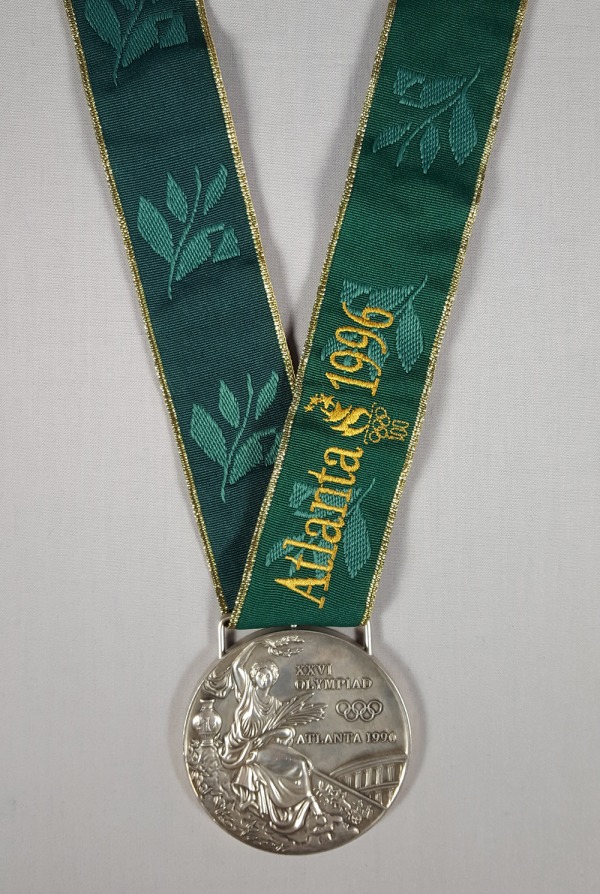
Marnie McBean and Kathleen Heddle won two gold medals at the 1996 Olympic Games in Atlanta and were the flag bearers for the Canadian team at the closing ceremony. Marnie remembers the women's rowing team from the 1990's being described in the press as dynamic, aggressive and competitive, speaking to their athletic ability rather than their femininity. By bringing attention to women's sports in this manner, Marnie and her teammates have advanced the idea of inclusiveness in sport.
Collection: Private collection: Kathleen Heddle
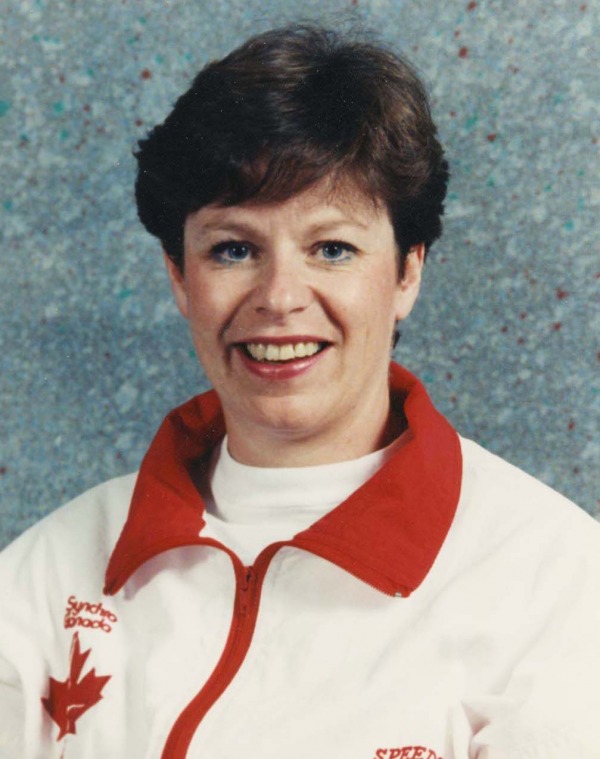
As a synchronized swimming coach, Debbie Muir coached Canadian teams to seven world championships and four Olympic medals. Her dedication to coaching and her standards of excellence won her the Coaching Excellence Award three times. Her sense of leadership and equality had led her to become a motivator and mentor for athletes in many different sports.
Collection: Canada's Sports Hall of Fame
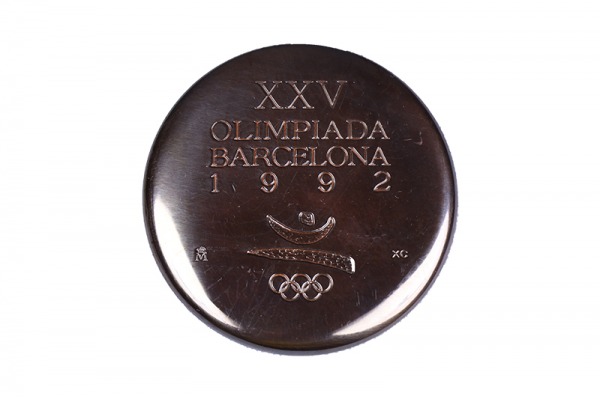
Debbie Muir played a major role in helping Mark Tewksbury win his gold medal and set a world record in the men's 100m backstroke event at the 1992 Olympic Games. She helped Mark to realize how important his underwater kick was and to improve it. As a coach she had the ability to help athletes get the right mindset and inspire them to a higher level.
Collection: Private Collection: Derek Porter
Previous Next


